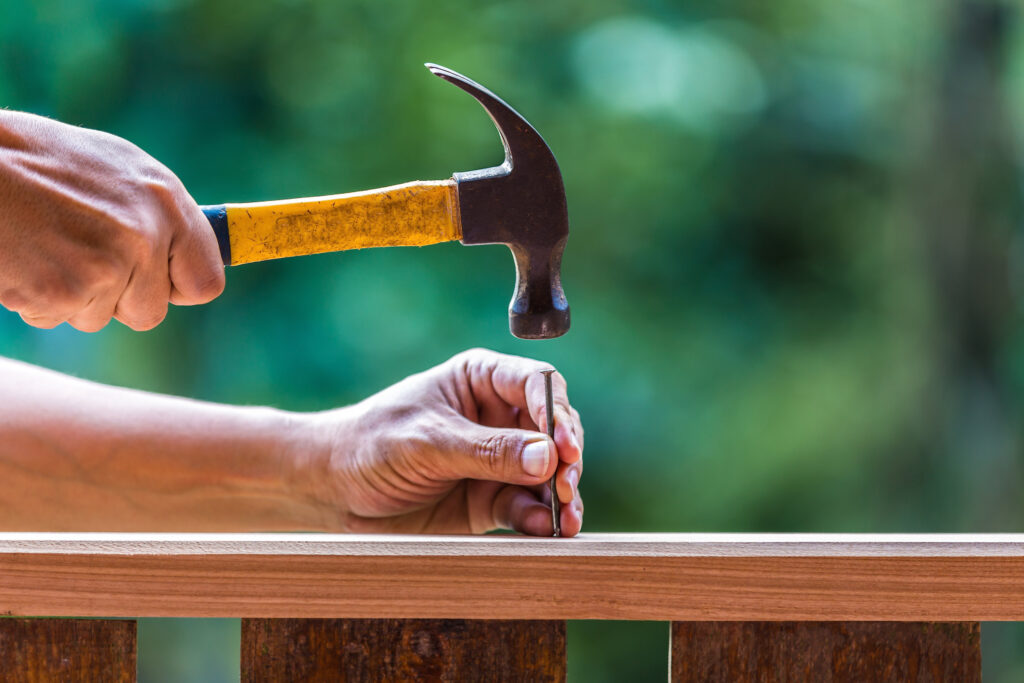Nearly every parent I know has a similar story – and the corresponding revelation. The time when you realize your children watch you more than you are aware – and sometimes in an embarrassing way. The one that I like to share is the story about me as a toddler wandering next door to our neighbor Bob’s house while he was working on something in his garage. Apparently, I watched as Bob accidently hammered his thumb to which I exclaimed, “Well, *#$%!”
I’m sure my parents were mortified and probably hadn’t realized that I had caught on to their occasional slip of the tongue. But as parents, and leaders, matching what we say to what we do sometimes takes a little effort and intention.
I thought of this story when I was “schooled” on social media post. In my response, I had talked about the importance of CEOs and leaders being accountable for their responsibilities and not being distracted.
The person responding to my post said something like, “It’s good to let the employees know that the President isn’t ‘above’ the other employees and demonstrates this by working side by side with them to push an order out the door or tackle a tough job.”
While I understand what she meant, my point had been missed. Continuing to do tasks that someone else could do (either within the organization or outside) does two things:
- It keeps us from the tasks only we can or should be doing.
- It doesn’t let those who actually may be better at the task you are doing do so.
Anyone who knows me well (and this person did not – another problem with these type of posts) knows that I work hard to abide by the “all hands on deck” policy. In the early days of one company I managed, I had no problem unloading a delivery off a truck (in a dress and heels) or helping to get shipments out. But there is a difference between making a push to help in an emergency and doing it on a routine basis. For many entrepreneurs and leaders of start-ups, there can be a perverse thrill to that kind of “fire drill” and I’ve known some to continue creating those situations when long after they no longer exist.
Our employees and colleagues are acutely aware of what we do and don’t do and how that aligns with what we say. But, at the end of the day, most leaders are responsible for at least a few things that NO ONE else can do. That’s right – the buck really does stop with us. If we are continually NOT doing the things that ONLY we can do or are responsible for, how is that serving your customers, companies or employees? And often, these are responsibilities that no one sees (looking at cash flow statement, meeting with a banker, creating a five year stretch goal, etc.) But if it’s missed – the future of the company is in jeopardy. And it won’t matter if you did help push that last shipment out the door if the company no longer exists. These are the things our employees don’t see.
Similarly, my parents both liked to cook and from a very young age, we were allowed to experiment in the kitchen. I made my parents breakfast in bed at age five (poached eggs, toast and coffee – they said it was great!) and my first pumpkin pie at eight years old. The only rule in our house was that you had to clean up your mess (and it was pretty messy at times.) There was Saturday afternoons in our kitchen that looked like a scene from a TV sitcom. Thinking that my mom had a similar experience, I remember asking her about learning to cook from my grandmother.
“Grandma really didn’t like us in the kitchen,” she said. “She didn’t like the mess we made and she didn’t have the patience. She would rather do it herself.”
Consequently, my mom really didn’t come into her own in cooking until she was an adult. I think my siblings and I learned how to enjoy cooking and entertaining from my parents in different ways. But it is clear that having the choice to actually learn and experiment in the kitchen has influenced our willingness to try and learn new things. Similarly, in the workplace, there is a responsibility for all of us to do our own jobs but also let others do theirs as well – and experiment and learn in the process.
If we are always the one who “bakes the cake” how else will anyone else learn that skill or understand the satisfaction of those rewards?



